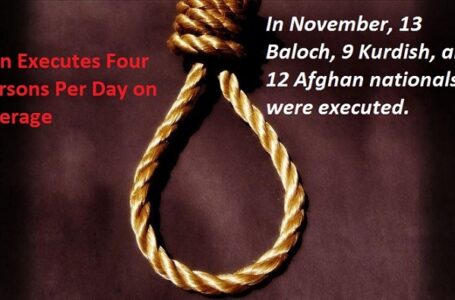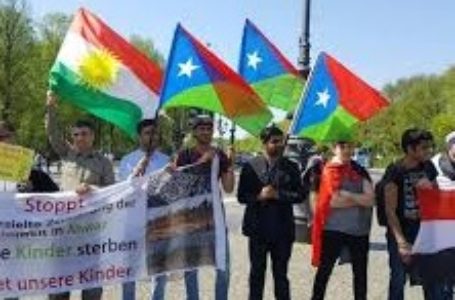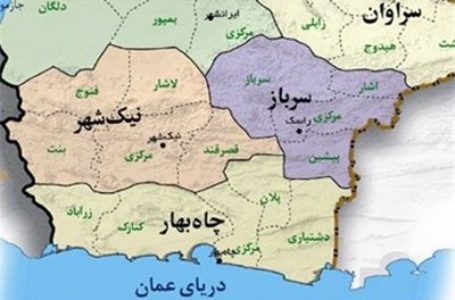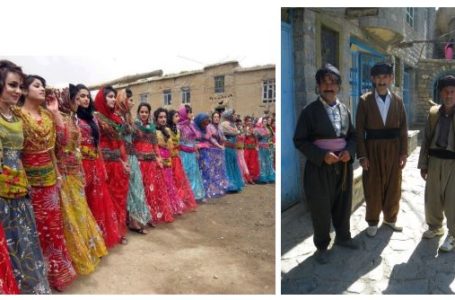Indian State Should Focus on Unconventional Methods: Jamal Nasir Baloch
Kurdish politician survives assassination attempt in the Netherlands
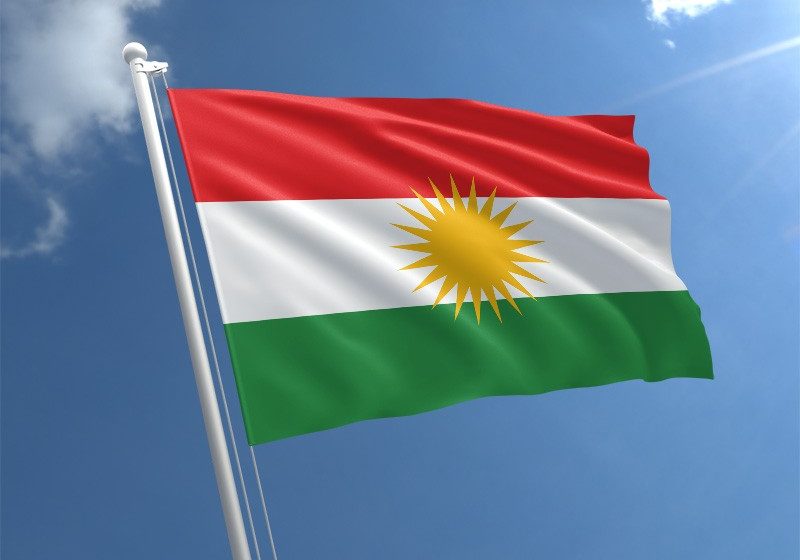
ERBIL (Kurdistan 24) – Sadegh Zarza, the 64-year-old former leadership member of the Democratic Party of Iranian Kurdistan (PDKI), survived an assassination attempt on Saturday in the Dutch city of Leeuwarden, an attack his family has blamed on the Iranian government.
Taher Zarza, his brother, told the Leeuwarden Courant newspaper that Zarza was stabbed multiple times in his head, neck, stomach, and chest, but has survived.
“He was earlier on the kill list of the Iranian secret service,” he told the local news agency. “Years ago, the BVD (Dutch intelligence service) also prevented another assassination attempt against my brother,” he said, adding that the attack was a message from Iran.
“Even abroad, the opposition is not safe.”
Dutch police arrested a 38-year-old male Iranian national at the scene and have begun interrogating him as part of their investigation.
According to the Leeuwarden Courant, a former classmate in Iran recently called Zarza in the Netherlands and asked, as a favor, that he provide some assistance to his son who was about to begin studies in Rotterdam. Zarza agreed to meet the son at the Leeuwarden train station.
The suspect apparently had been waiting at the station for hours with a bouquet of flowers.
A local witness told the newspaper, “When the victim arrived, he walked over to the car. They did not exchange any words; nothing. He immediately stabbed (him) through the passenger seat window.”
As Zarza tried to flee, the suspect walked around the car and continued stabbing him with the knife, after which he waited for the police and then surrendered himself when they arrived.
It’s not the first time that Iranian dissidents have been assassinated in the Netherlands. In 2015, the Mujahedin-E-Khalq (MEK) member was killed and later, in 2017, an Iranian-Ahwazi politician was killed as he stood outside the door of his home in The Hague.
Ahwazis are Arabs, one of several major non-Persian ethnic groups in Iran that also include Kurds, Turks, and Baluch.
Such incidents are reminiscent of earlier Iranian-sponsored assassinations in Europe of leaders of the country’s ethnic minorities, such as the 1989 killing in Vienna of Zarza’s uncle, Dr. Abdel Rahman Ghassemlou, then head of the PDKI.
Three years later, Ghassemlou’s successor, Dr. Sadegh Sharaf Kandi, was murdered in Berlin, along with three other men. In 1997, a German court issued an arrest warrant for Iran’s intelligence minister, saying he had ordered the murders with the knowledge of Iran’s political leadership.
Last year the Dutch government said there was strong evidence that Iran was behind two political assassinations in the Netherlands, triggering EU sanctions against Tehran’s military intelligence service, as reported by The Guardian.
If it’s proven that Iran was indeed behind the attack on Zarza, the incident could potentially lead to new diplomatic tensions between Iran and the Netherlands.
Last year, the Dutch government recalled its ambassador from Tehran after Iran expelled two Dutch diplomats in a dispute over the assassination of the two dissidents.
Alireza Nader, a senior fellow at the Foundation for Defense of Democracies (FDD), told Kurdistan 24, “It’s definitely possible that the Islamic Republic would assassinate Kurdish opposition activists abroad as it has done it in the past. And these days, the regime is feeling particularly vulnerable.”
He also pointed out to the recent mysterious death of a fugitive former Iranian judge named Gholamreza Mansouri in the Romanian capital of Bucharest.
Zarza was a KDPI Peshmerga commander for years, but fled to the Netherlands from Iran as a political refugee in 1986 after sustaining severe and permanently disabling injuries in a mortar attack.
In the Netherlands, he continued his work as a Kurdish dissident despite continued death threats by Iran.
On Thursday, The Iraqi Foreign Ministry summoned the Iranian Ambassador to Iraq in response to Tehran’s shelling on Tuesday and Wednesday’s of border areas within the Kurdistan Region, allegedly targeting KDPI positions.
The attacks, on villages outside Erbil province’s Haji Omaran district in Erbil province, forced local residents, farmers, and herdsmen to flee to other areas further from the border.

